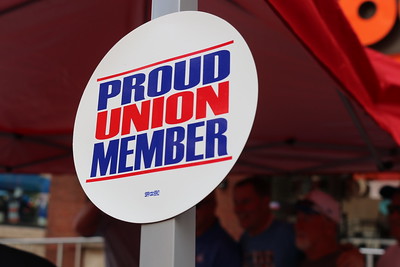
Protecting the Right to Organize (PRO) Act of 2019 Passes the House and Advances to the Senate
The House recently passed the Protecting the Right to Organize Act (the PRO Act) 225-206, a bill that contains the most significant expansion of labor rights since the 1930s-era New Deal. Through a number of provisions applicable to both employees and employers alike, this bill largely aims to protect workers’ ability to organize and to extend protections to union workers. Here are a few key provisions:
- The bill would prevent employers from classifying employees as exempt from labor law protections by revising the definition of “employee” and “supervisor.”
- The bill would permit the National Labor Relations Board (“NLRB”) to impose fines up to $50,000 per violation on businesses that violate workers’ rights.It would also give the NLRB the power to award workers’ compensation for any damages workers could experience if they were retaliated against.The NLRB is only currently able to award back pay and reinstatement.
- The bill would allow unions to collect dues from workers who opted out of union membership in order to cover the cost of collective bargaining and the administration of the union contract covering all employees, effectively reversing the current “right-to-work” laws in 27 states.
- The bill would prevent employers from using employees’ immigration statuses against them when determining the terms of their employment.
- The bill would make it an unfair labor practice to force employees to attend employer meetings designed to discourage union membership, and would permit employees to vote in union organizing elections at a location separate from company property.
- The bill would permit newly-certified unions to seek arbitration and mediation when their organizing fails to result in an agreement between labor and management.
If the Senate passes the bill, it will change the legal landscape surrounding workers’ rights, employers’ rights, and the NLRB’s ability to enforce such rights. Check back here for updates as the Senate considers the House bill. Questions about compliance with this bill if it passes? Reach out to a Martin Pringle employment attorney today.